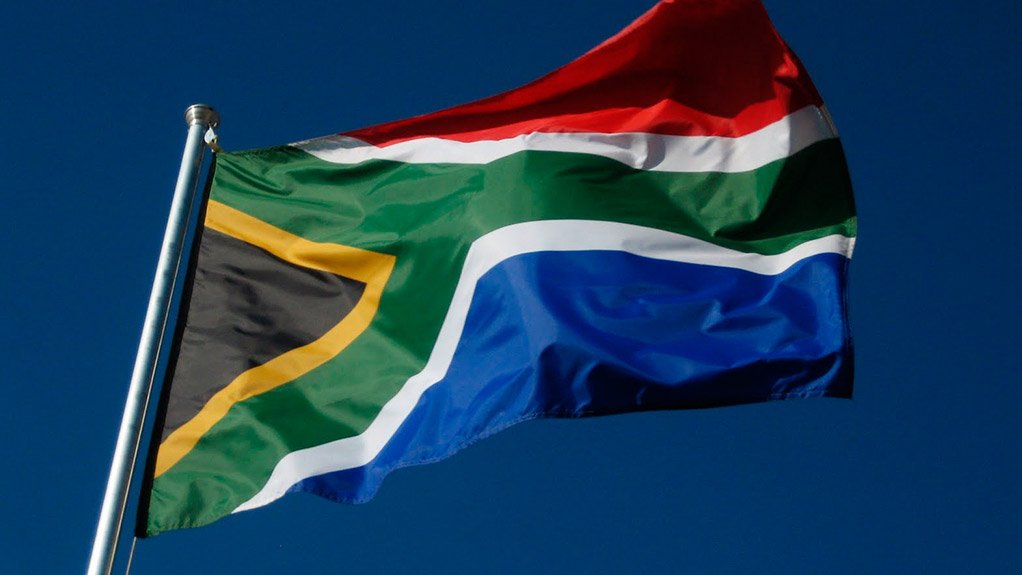While South Africa slightly improved its score in the Corruption Perceptions Index (CPI) for 2016 from 44 to 45, its rank in relation to all 176 countries reviewed fell three points to 64.
Global civil society organisation Transparency International’s CPI score refers to the perceived level of public sector corruption on a scale of 0 to 100.
A score of 0 means that a country is perceived as highly corrupt and a score of 100 means that a country is perceived as very clean. A country's rank indicates its position relative to the other countries included in the index.
Local Transparency International Chapter Corruption Watch executive director David Lewis said on Wednesday that it was good news that the score remained somewhat stable, however, with a score below 50 South Africa was still among countries with a serious corruption problem.
“Had the survey not been conducted before several serious corruption episodes came to the attention of the public – for example, the shocking ‘State of Capture’ report – our position may well have deteriorated significantly,” he stated.
South Africa and Senegal ranked seventh in sub-Saharan Africa, while Botswana secured the top spot with a score of 60. It was followed by Cape Verde, Mauritius, Rwanda, Namibia and São Tomé and Principe.
However, South Africa fared better that Brazil, China and India, which all scored 40 and ranked 79 on the Index. Russia scored 29 and ranked 131 out of 176.
Lewis stated that South Africans should be concerned about Russia’s performance.
“This is the country that is strongly rumoured to be the government’s favoured partner in the proposed nuclear energy deal. Public procurement of this scale with a country as riven by corruption as Russia is guaranteed to import further corruption on a grand scale into this country. If this ill-considered project goes through, Russian suppliers should be prohibited from participation,” he said.
Lewis added that while many South Africans might question why the country’s positioning in the CPI was not worse given its current political state, he said that the visible existence of public opposition to corruption played a big role.
He added that it was time for the intensification of public pressure to combat corruption.
EMAIL THIS ARTICLE SAVE THIS ARTICLE ARTICLE ENQUIRY
To subscribe email subscriptions@creamermedia.co.za or click here
To advertise email advertising@creamermedia.co.za or click here











